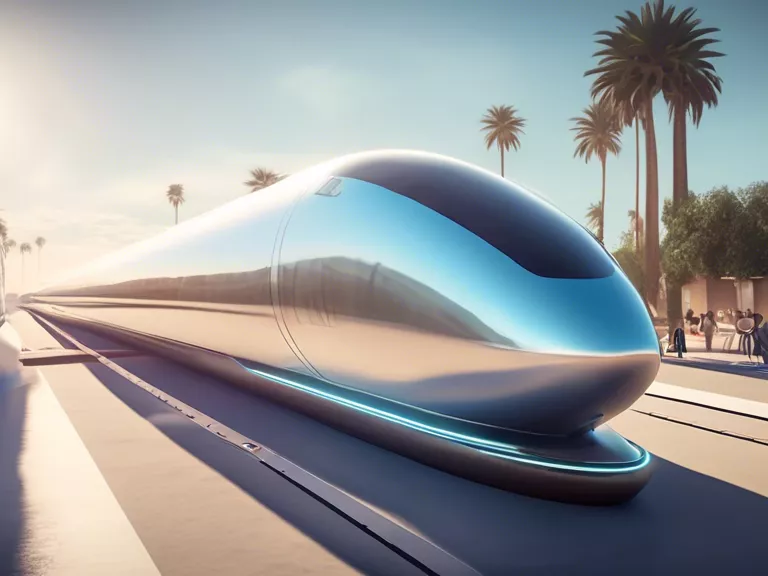
Hyperloop technology represents a promising new era of high-speed, sustainable transportation. This innovative mode of travel could significantly reduce journey times between major cities and have a positive impact on the environment. As the world continues to search for more sustainable transportation options, Hyperloop could be a game-changer in the way we travel.
Hyperloop technology involves a system of tubes or tunnels through which pods carrying passengers or cargo can travel at incredibly high speeds. By using electromagnetic propulsion and low air pressure within the tubes, Hyperloop pods can reach speeds of over 700 miles per hour. This would drastically reduce journey times between cities, transforming travel as we know it.
One of the key benefits of Hyperloop travel is its sustainability. The system is energy-efficient and produces zero emissions, making it a more environmentally friendly option compared to traditional modes of transportation. With a focus on reducing our carbon footprint, Hyperloop could play a significant role in combating climate change and promoting a greener future.
Several companies are currently working on developing Hyperloop technology, with test tracks already in operation in various locations around the world. While there are still challenges to overcome, such as regulatory issues and the high cost of infrastructure, the potential benefits of Hyperloop travel are undeniable.
As we look towards the future of transportation, Hyperloop could revolutionize the way we move between cities. With its high-speed capabilities and sustainable design, Hyperloop travel has the potential to transform our transportation systems and create a more connected world.



